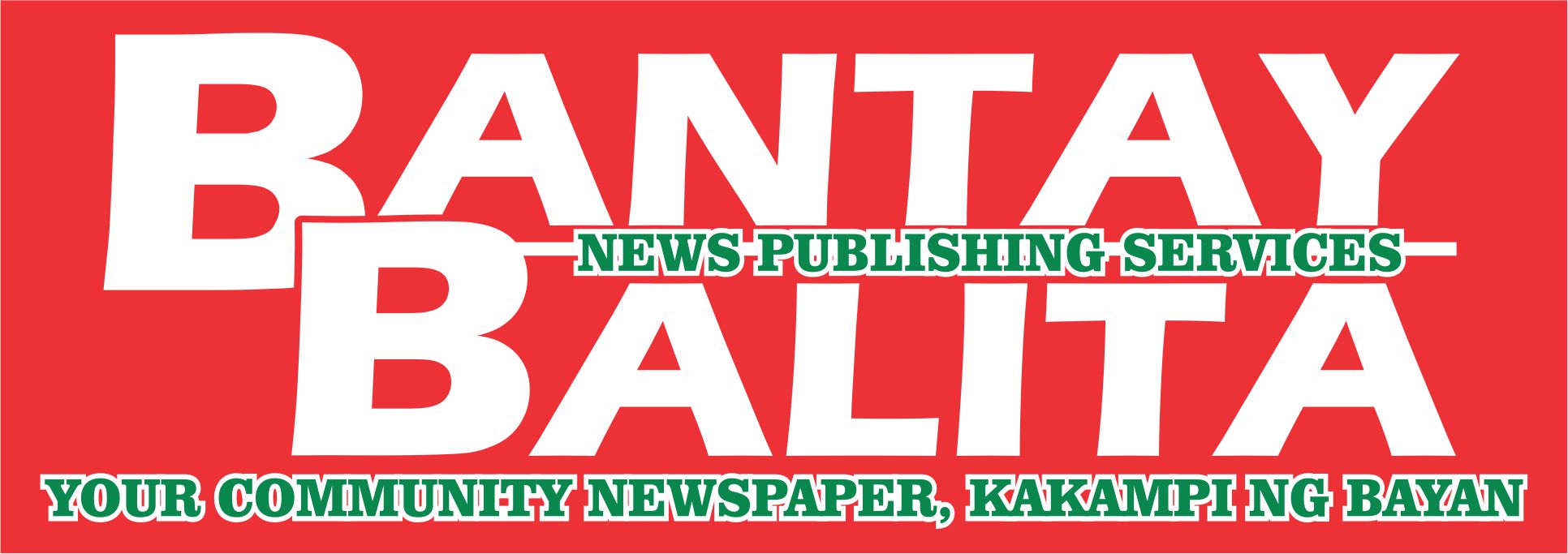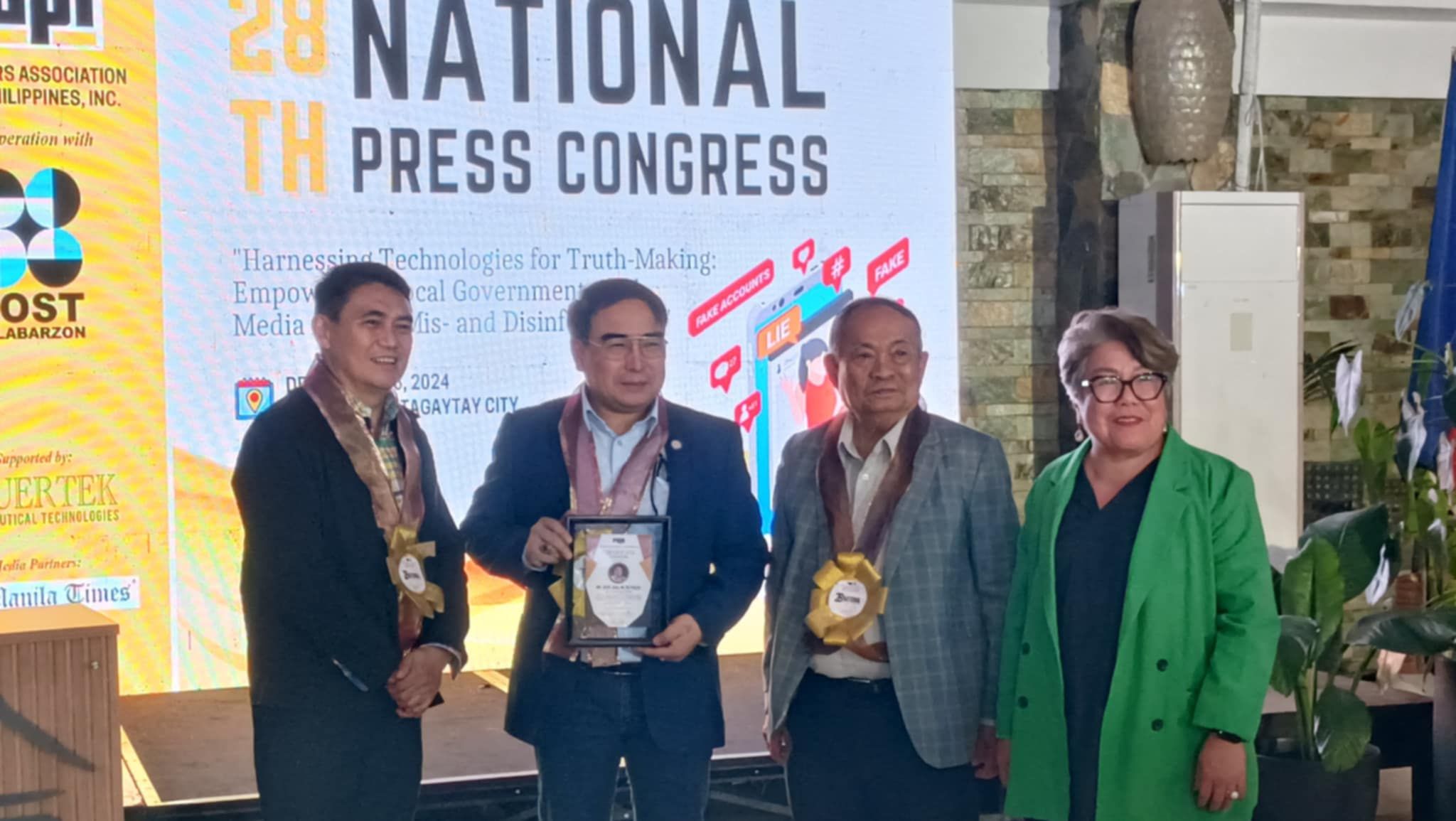Tagaytay City, Philippines — The Publisher Association of the Philippines, Inc. (PAPI) successfully held its 28th National Press Congress on December 5–6, 2024, at Hortz Hotel, Tagaytay City. With the theme “Harnessing Technologies for Truth-Making: Empowering Local Governments and Media Against Mis- and Disinformation,” the event brought together journalists, local government officials, and industry leaders to address the challenges of false information in today’s digital world.
The congress opened with an inspiring speech from Nelson Santos, PAPI President, who stressed the vital role of collaboration between media professionals and local government units (LGUs) in safeguarding truth and transparency. Santos underscored the need to adapt to rapidly evolving technologies to combat the growing sophistication of disinformation campaigns. “This congress is more than a gathering—it’s a collective call to action to protect our democracy by upholding the integrity of information,” he declared.
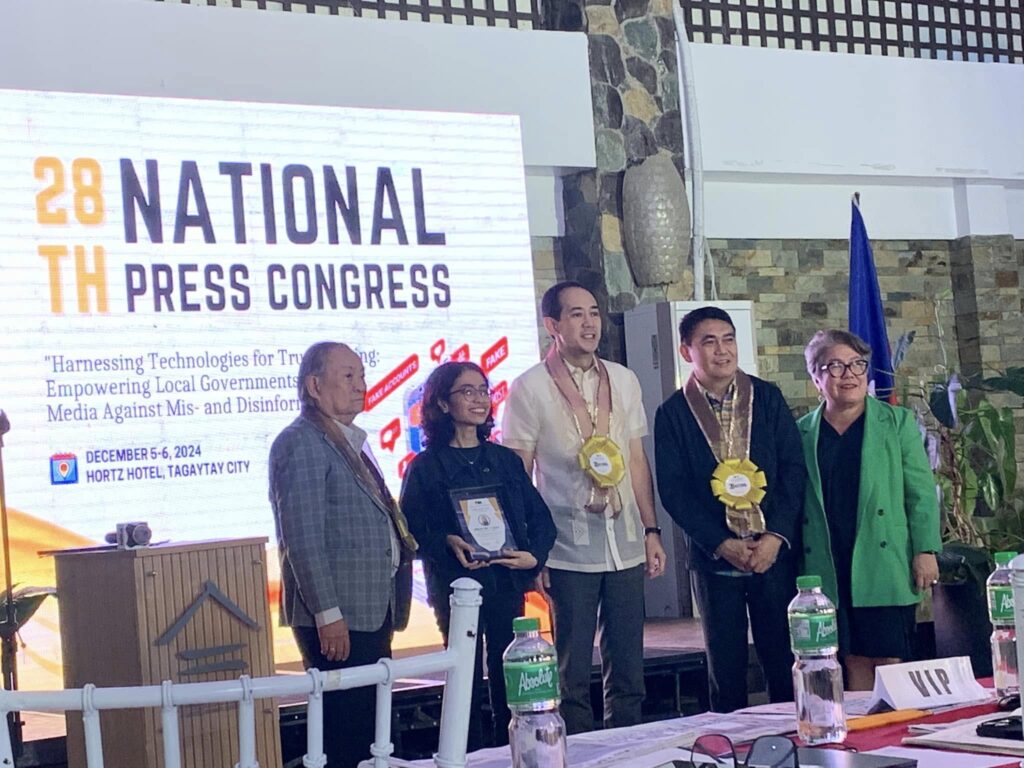
Atty. Vic Rodriguez, a prominent legal expert and one of the event’s notable speakers, discussed the critical importance of creating robust legal frameworks to address misinformation effectively.
He outlined specific policy initiatives aimed at strengthening accountability among media practitioners and social media platforms. Rodriguez emphasized that fostering transparency and accountability is a shared responsibility between the government, media, and the public.
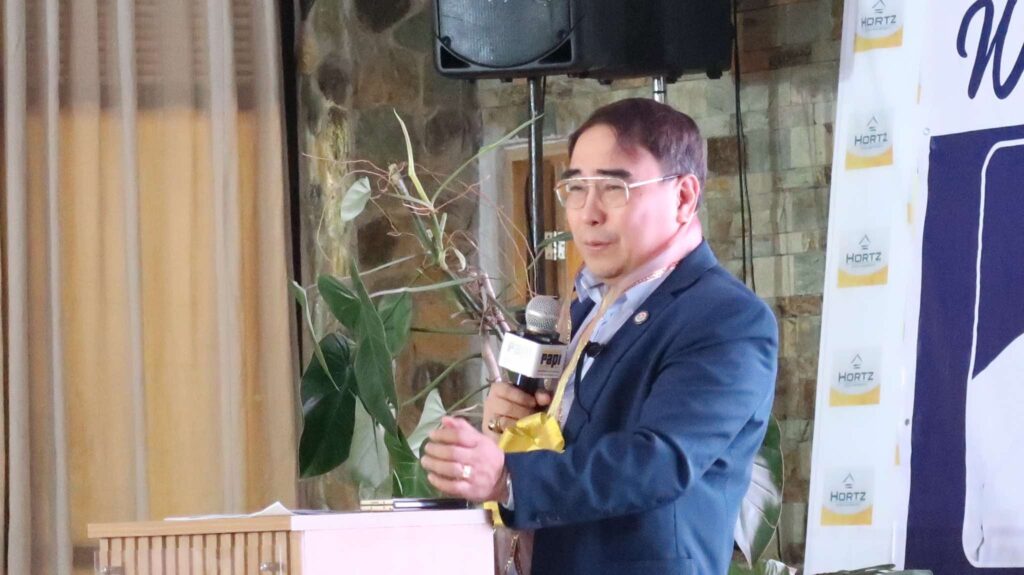
The session led by Mr. Joel M. Sy Egco, an advocate for responsible journalism, was one of the event’s highlights. His talk, Harnessing Modern Technology for Truth-Making: Empowering Local Governments and Media Against Misinformation and Disinformation, provided participants with actionable insights into leveraging modern tools like artificial intelligence, social media analytics, and fact-checking platforms. Egco highlighted the need for journalists to embrace these technologies to ensure accurate and reliable reporting in an era dominated by digital platforms.
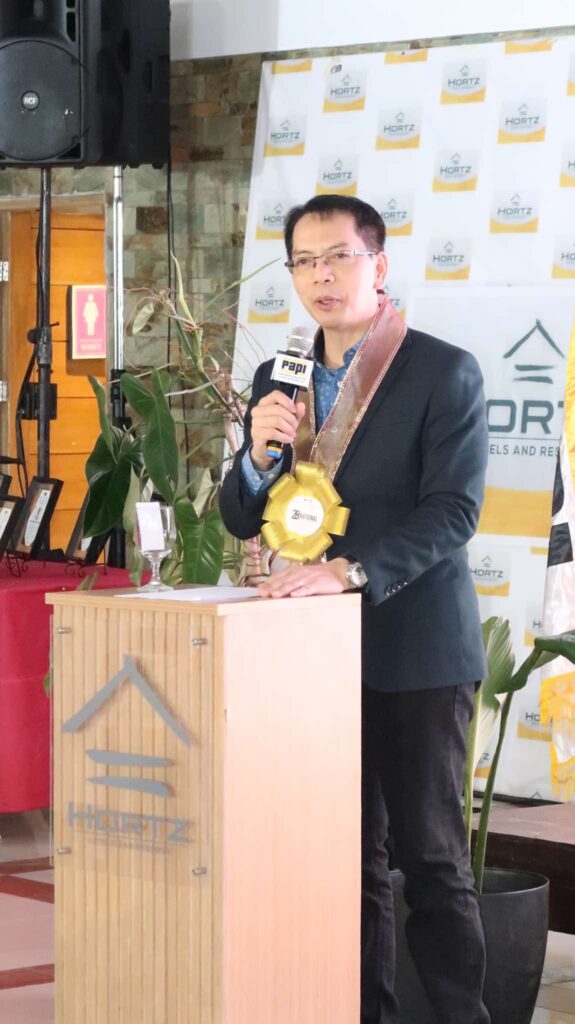
Adding depth to the discussions was Dr. Richard Nixon Gomez of Bauertek Corporation, one of the congress’s major sponsors. Dr. Gomez presented a compelling case for the legalization of the Medical Cannabis Bill in the Philippines. His talk focused on the importance of evidence-based reporting and informed public discourse around this critical issue.
He called on media practitioners to approach such topics with balance and accuracy to dispel misconceptions and promote understanding.
Interactive workshops were among the most engaging components of the two-day event. Participants had the opportunity to delve into practical applications of emerging technologies in journalism, learning to identify disinformation, verify sources, and ethically report in fast-paced digital environments. These workshops also explored strategies to strengthen partnerships between LGUs and the media in promoting truth at the grassroots level.
Panel discussions featured experts from journalism, governance, and technology fields who explored the far-reaching impacts of disinformation on public trust, democratic institutions, and societal cohesion. The panels emphasized the role of digital literacy in empowering citizens to critically evaluate information and resist the manipulation of fake news.
The congress also celebrated the achievements of individuals and organizations who exemplified excellence in responsible journalism. PAPI presented awards to those who demonstrated integrity, innovation, and commitment to truth-making. These recognitions served as a reminder of the importance of ethical standards in upholding the public’s trust in media.
Beyond discussions and awards, the event fostered stronger ties between media practitioners and LGUs. Participants explored opportunities for collaboration, recognizing that collective efforts are crucial to dismantling the systems that propagate false narratives. The congress became a space for forging partnerships that will play a critical role in addressing the challenges of misinformation at both local and national levels.
In his closing remarks, Santos expressed gratitude to all participants, speakers, and sponsors, including Bauertek Corporation, for their unwavering support. “The success of this congress reflects our shared commitment to truth and our determination to create a society where information empowers rather than misleads,” he said.
The 28th National Press Congress reaffirmed PAPI’s leadership in advocating for responsible journalism and empowering media practitioners in the Philippines. It also underscored the transformative power of collaboration, ensuring that truth-making remains a cornerstone of media practice in the face of ever-evolving challenges. As participants left the event, they carried with them renewed inspiration and practical tools to uphold the integrity of information in a rapidly changing world. (MARK JOHN R. ARROJADO)
